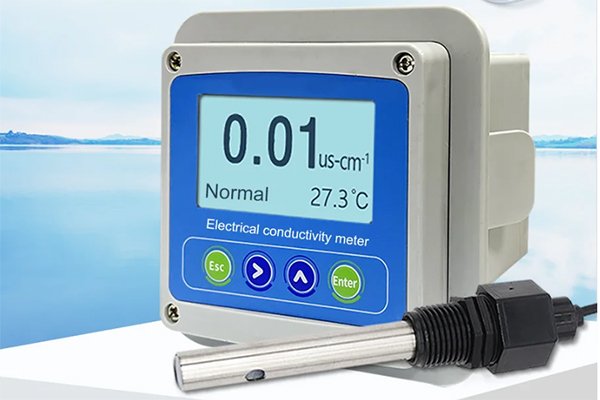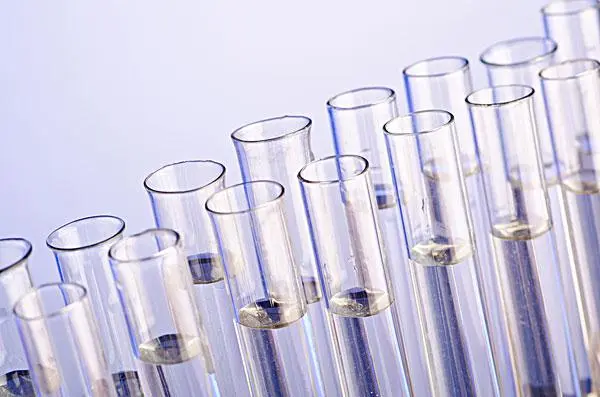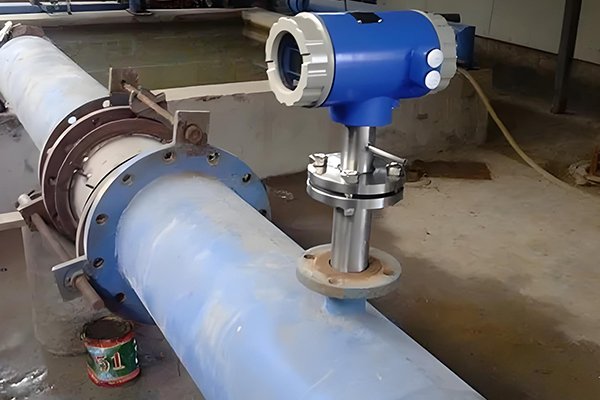Why Conduct Calibration of Conductance Meter
A conductivity meter is an instrument used to measure the conductivity of a solution. Conductivity is a crucial parameter that is directly related to the ion concentration in the liquid and the conductivity of the solution. However, due to various factors such as the usage environment, temperature changes, and electrode aging, the measurement accuracy of the conductivity meter may gradually decrease. Therefore, Calibration of Conductance Meter ensures the accuracy and reliability of measurement results, avoiding losses and misguidance caused by errors.

Steps for Calibration of Conductance Meter
Prepare calibration solution
Firstly, prepare a calibration solution of a certain concentration. Common calibration solutions include potassium chloride solution, potassium nitrate solution, etc. Choose a suitable calibration solution concentration and temperature according to the conductivity meter’s instruction manual.
Clean the electrodes
Before calibration, ensure the electrodes are clean. Use pure water or a suitable cleaning agent to clean the electrodes, removing dirt and ion residues from the surface.
Install the electrodes
Install the cleaned electrodes onto the conductivity meter, ensuring good contact between the electrodes and the meter, without bubbles or impurities.
Set calibration parameters
Set the calibration parameters of the conductivity meter based on the concentration and temperature of the calibration solution. These parameters typically include the concentration of the calibration solution, temperature compensation coefficient, etc.
Start calibration
Pour the calibration solution into the measuring cup, ensuring that the electrodes are completely immersed in the solution. Then, follow the conductivity meter’s instruction manual to initiate the calibration process. During calibration, the conductivity meter automatically adjusts the measurement parameters to match the conductivity value of the calibration solution.
Check calibration results
After calibration is complete, the conductivity meter will display the calibration results. At this time, it is necessary to check whether the calibration results meet the expected values. If the calibration results deviate significantly, repeat the above steps for calibration.

Practical Tips for Calibration of Conductance Meter
Regular calibration: It is recommended to regularly calibrate the conductivity meter to ensure the accuracy of measurement results. The calibration cycle can be set according to usage conditions and actual needs.
Use standard solutions: When calibrating, use calibration solutions that meet national or industry standards. This ensures the accuracy and reliability of the calibration results.
Attention to temperature and pressure: Temperature and pressure have a certain impact on conductivity measurements. During calibration, ensure that the temperature and pressure of the calibration solution match the actual operating conditions.
Record calibration data: After each calibration, record the calibration data and results. This helps track changes in conductivity meter performance, identify potential issues early, and address them.
Maintenance: Besides regular calibration, perform routine maintenance on the conductivity meter. This includes cleaning the electrodes, checking connection wires, and keeping the instrument dry. Proper maintenance extends the service life of the conductivity meter and improves its measurement accuracy.
Through the above introduction, I believe you have gained a deeper understanding of the importance, steps, and practical tips for conductivity meter calibration. I hope this information helps you better use and maintain your conductivity meter, ensuring accurate and reliable measurement results.
Water quality analysis products:




